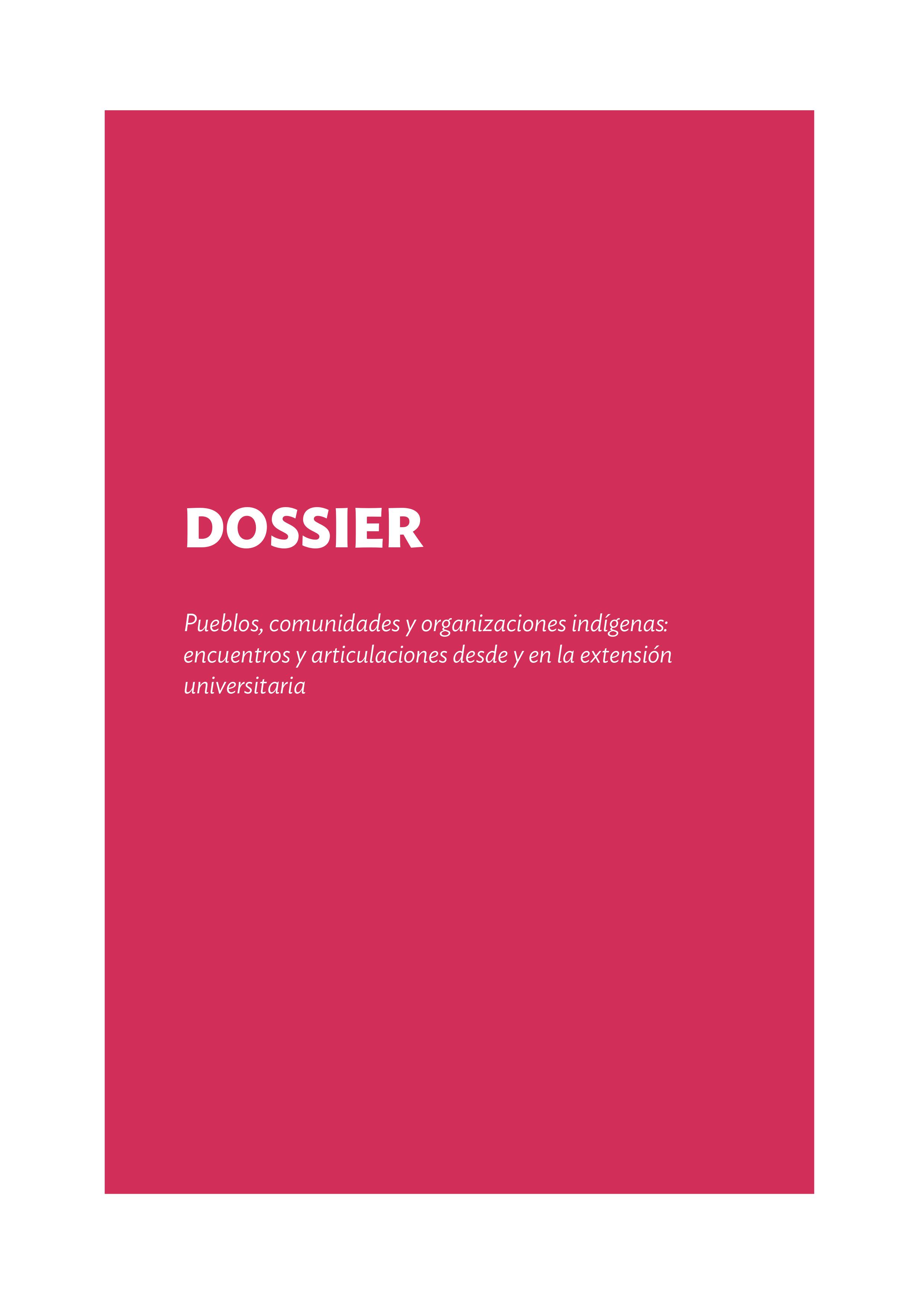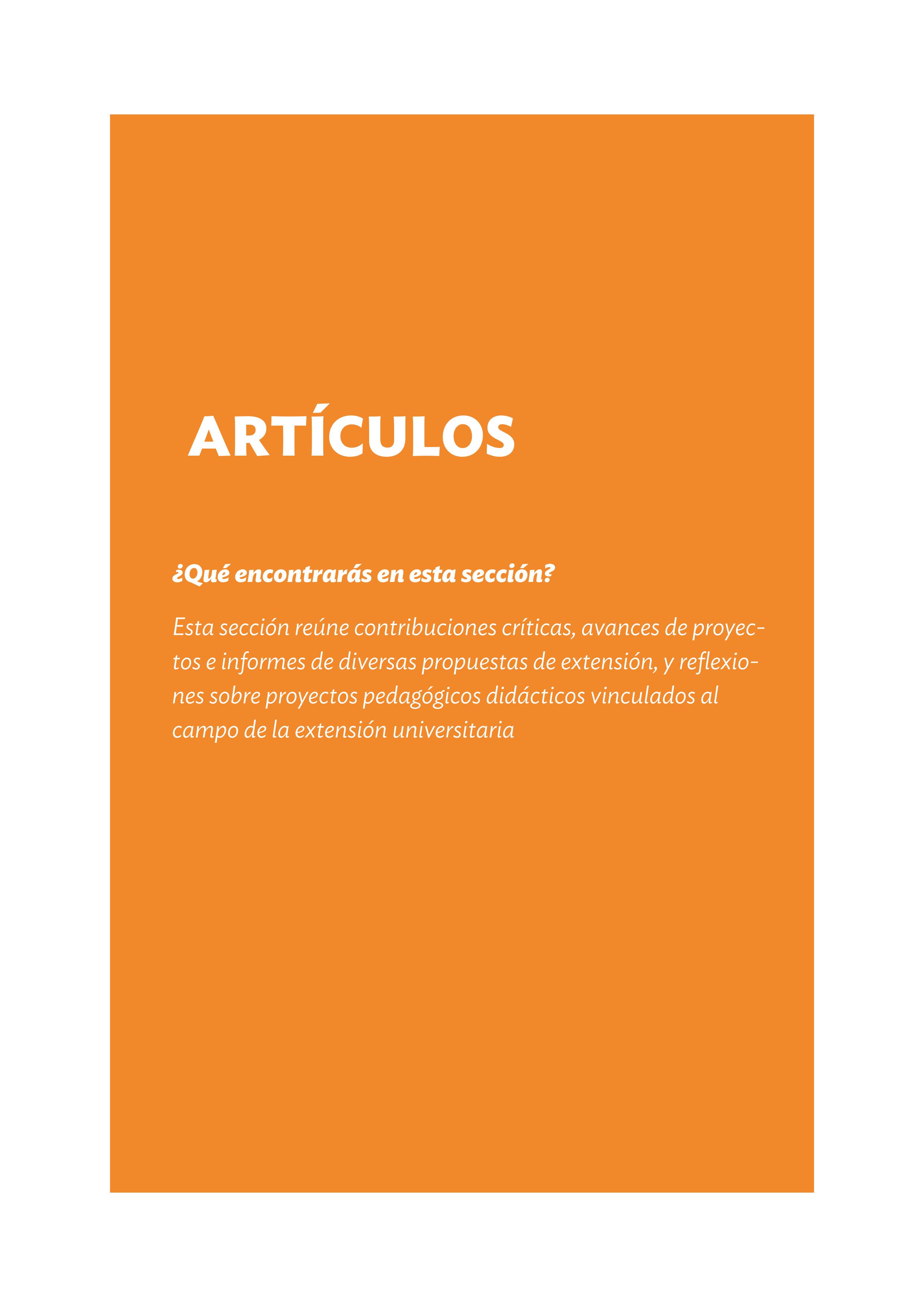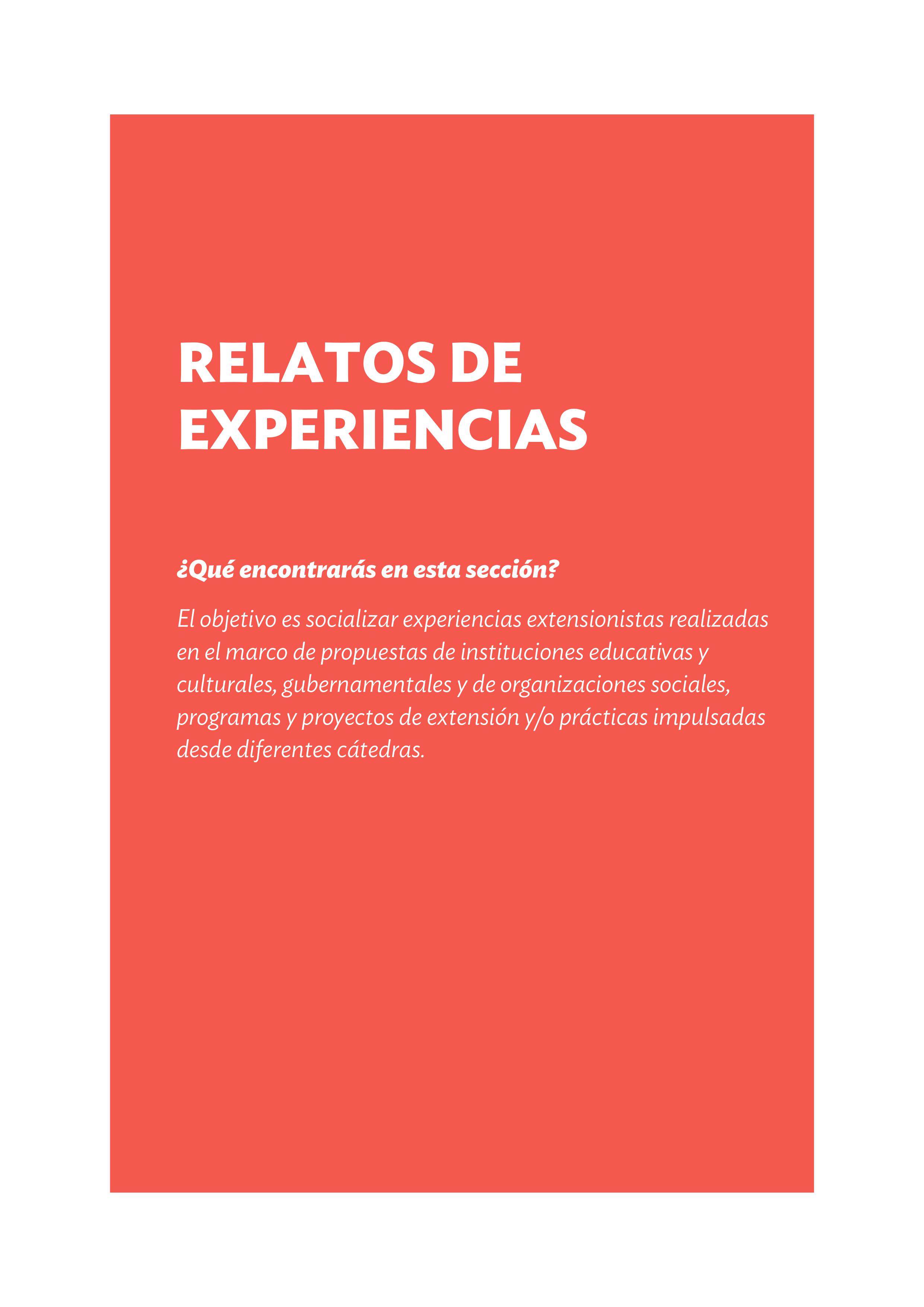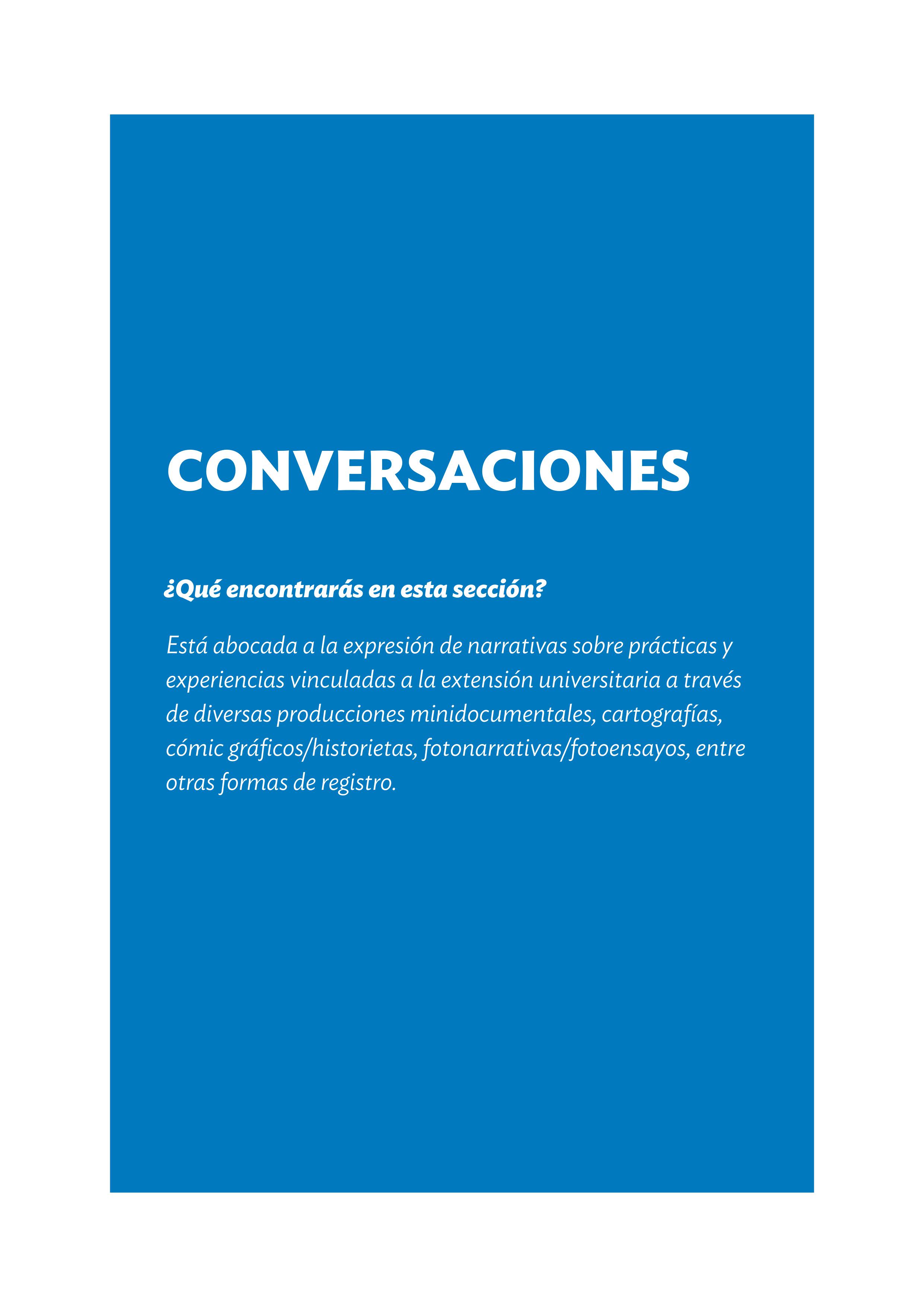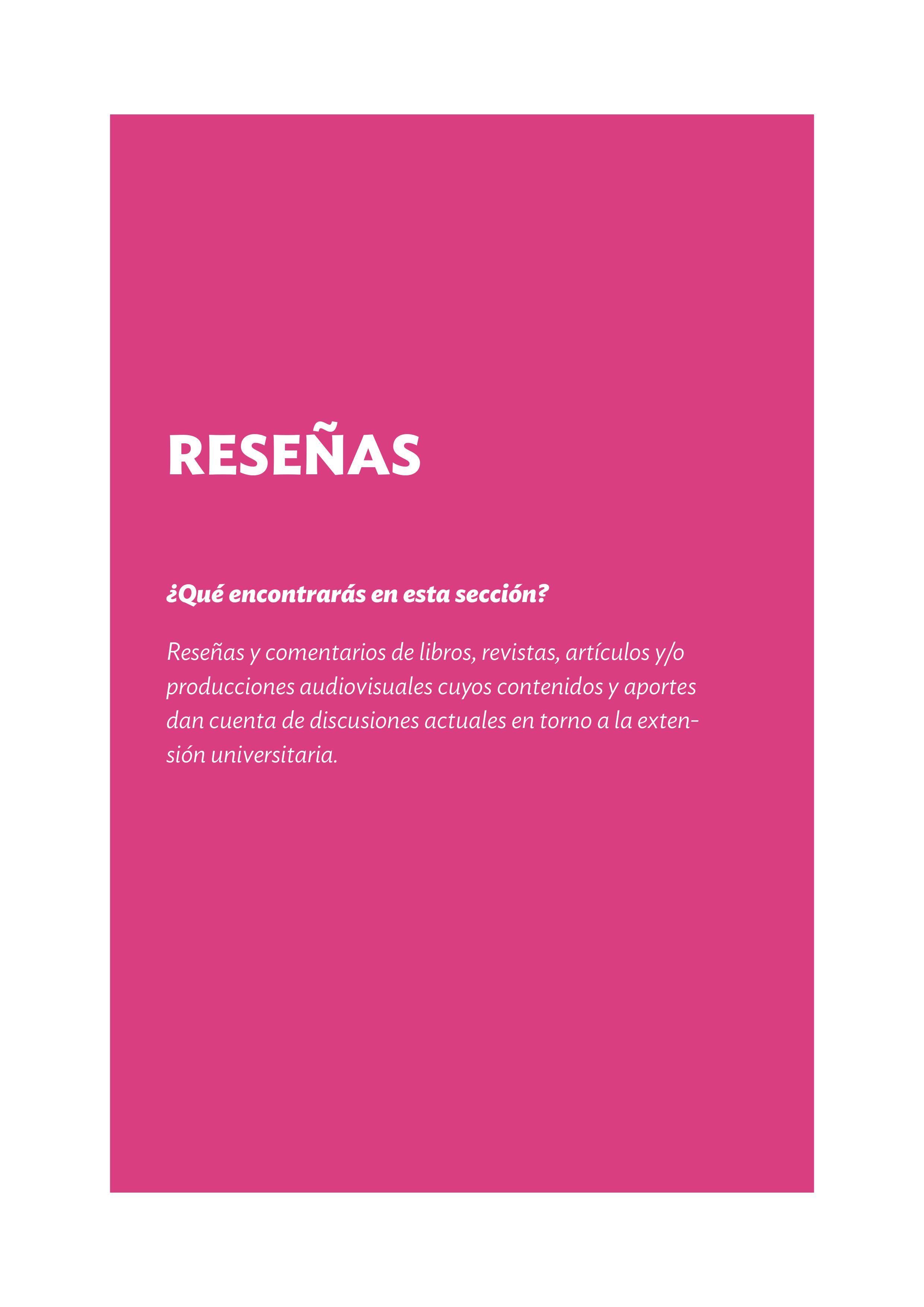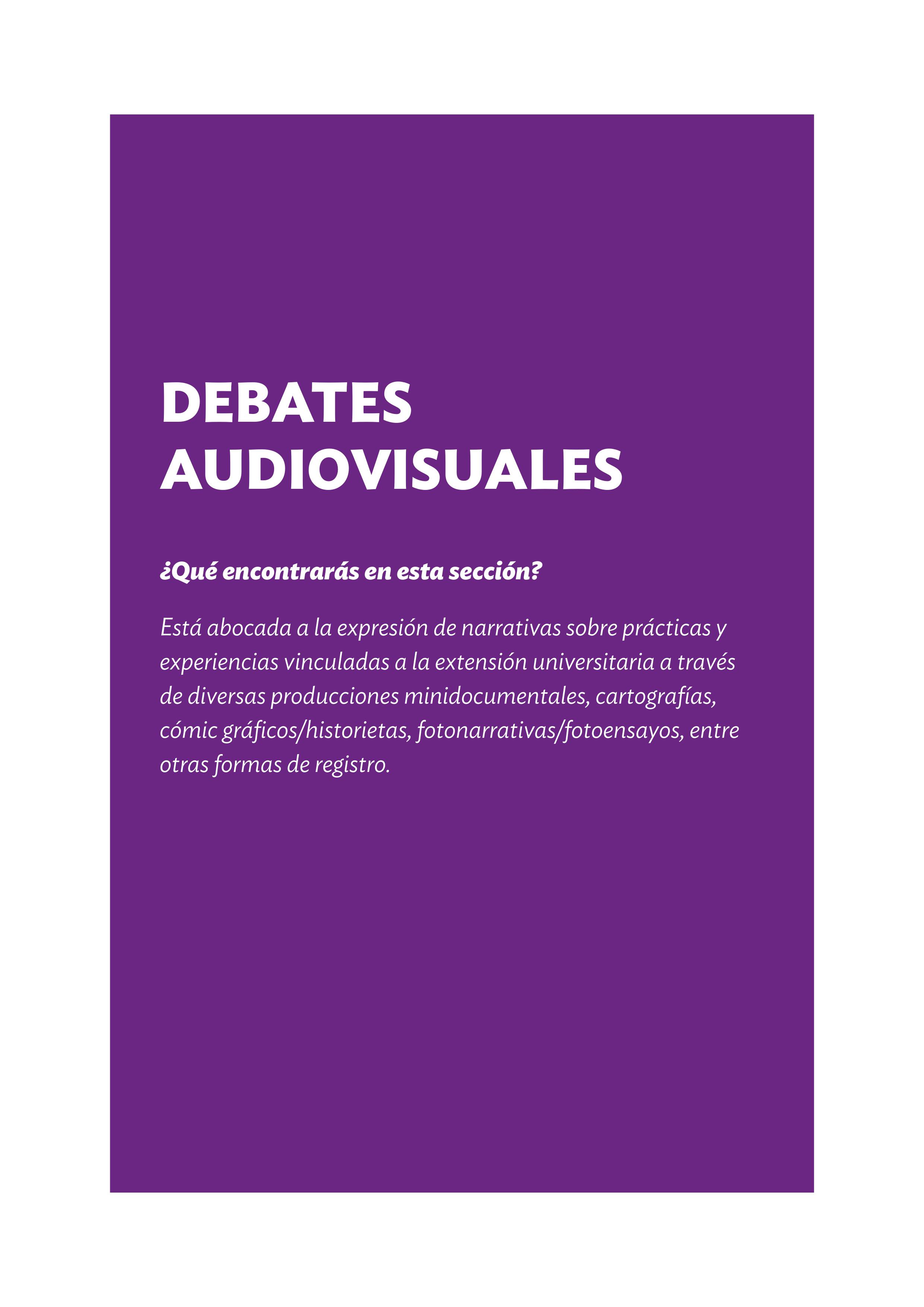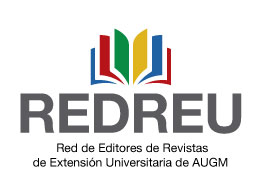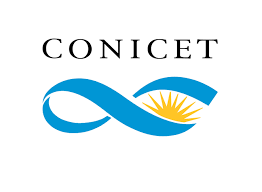Vol. 7 No. 10 (2020): Indigenous peoples, communities and organizations: meetings and articulations from and in the university extension

The historical relationship between indigenous peoples and the modern/colonial societal project is marked by the structural asymmetry that is evident in the annihilation and extermination of the former in pursuit of the expansion of the latter. In the context of the neoliberal capitalism of the last four decades, such asymmetry has not been modified. We can even affirm that it has worsened, in the way that geographer D. Harvey calls accumulation by dispossession and that translates, in this case, into the advance over the last territories in which these peoples and communities have been confined.
However, although it may be paradoxical, the Argentine State, in the midst of the neoliberal boom and with the constitutional reform of 1994, recognizes some specific rights of indigenous peoples
(article 75, paragraph 17) and proclaims itself a multicultural State, while assuming "the obligation
to repair the damage caused to the original peoples". This whole process at the state level makes sense and must be understood in the framework of global processes such as the International Organization of Labour (ILO) in 1989 and the subsequent Declaration on the Rights of Indigenous Peoples in 2007 to UN level.
This process in the state field is the result of the historical resistance of the indigenous peoples and the diverse forms of territorial defense struggle that they have been creating and recreating. In the face of this scene of struggles and resistance, the university has not remained oblivious; on the contrary, it has played and plays very diverse and even antagonistic roles in relation to indigenous causes. It is necessary to to understand and elucidate this ambivalence of the university in view of the central role it plays in the modern/colonial project, as well as the transformation processes within it
operate since the 1918 Reform. In the particular case of university extension, the ways in which
has been conceived and practiced in relation to indigenous peoples and communities, and has oscillated from a paternalistic - and in some cases redeeming - welfare approach, to an intercultural and knowledge dialogue approach in recent times, passing through "inclusive" and "dialoguist" variants typical of neo-liberal multiculturalism. In this sense, and in view of the different positions and their effects, we propose in this dossier to investigate and explore the scope and limitations of extensionist practices in relation to indigenous peoples, communities, and organizations. What are the effective and possible encounters and articulations between university extension and the struggles, demands, and resistances of indigenous peoples? To what extent do our extensionist practices allow for their critical elucidation? What are the interstices that allow for extensionist practices that are unrelated to the modern/colonial hegemonic project? What lessons can we learn in the construction of a dialogue of knowledge?
